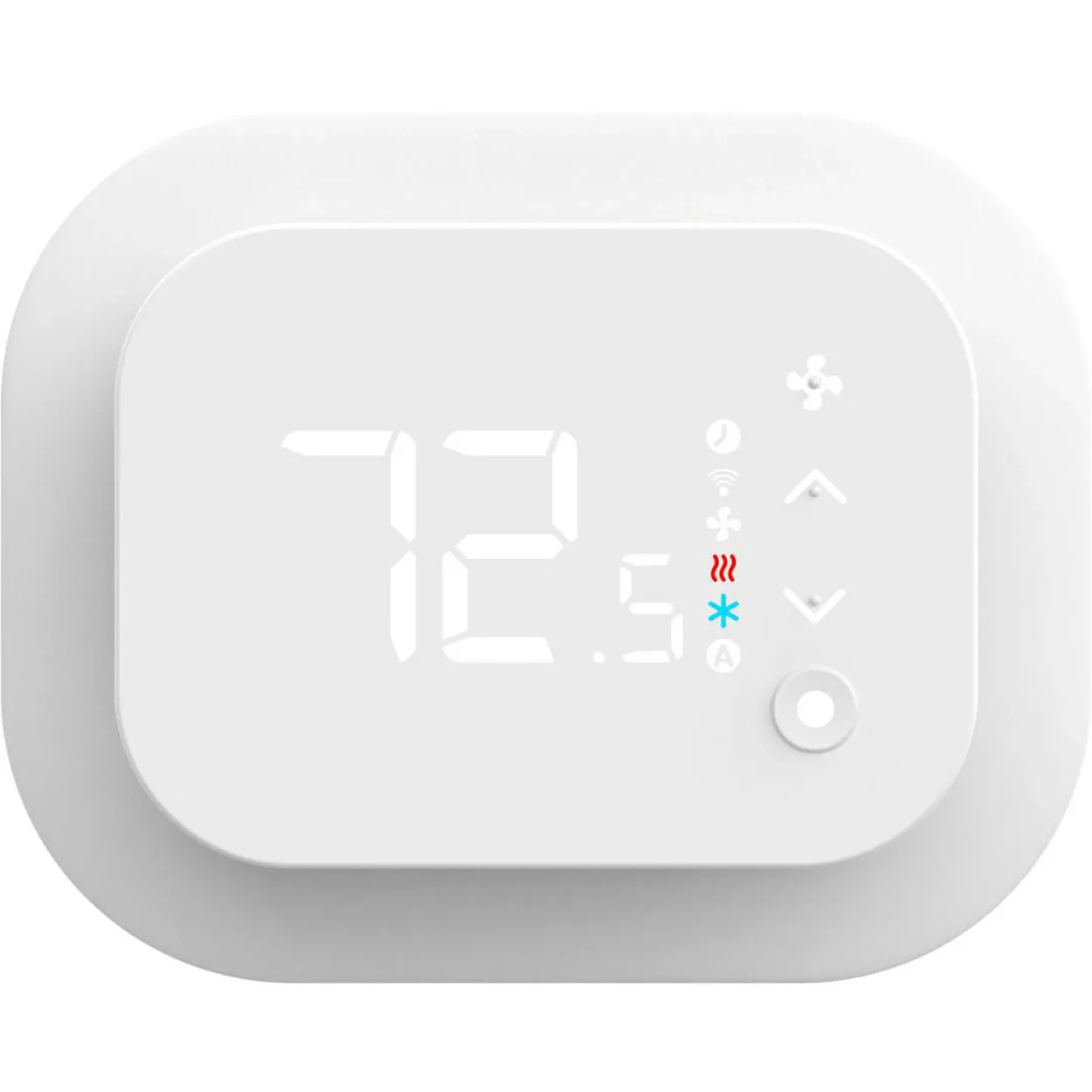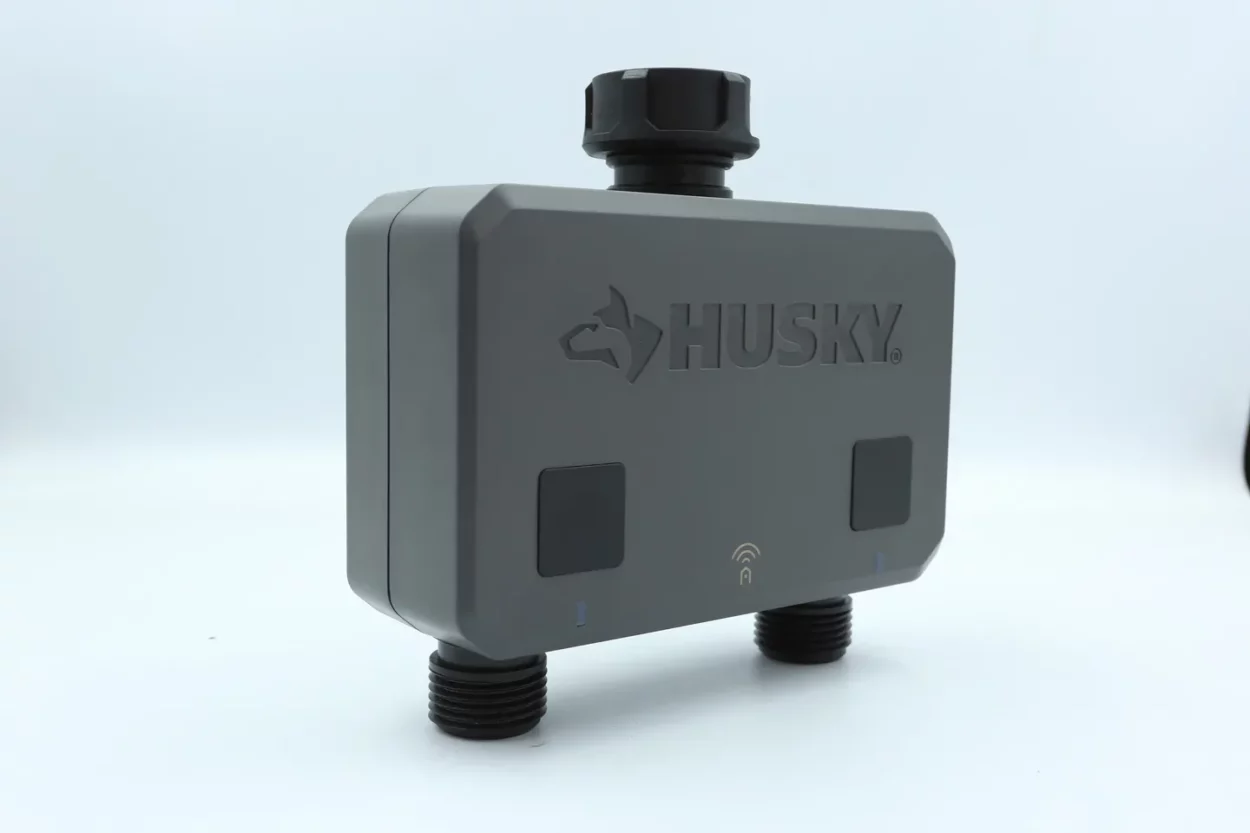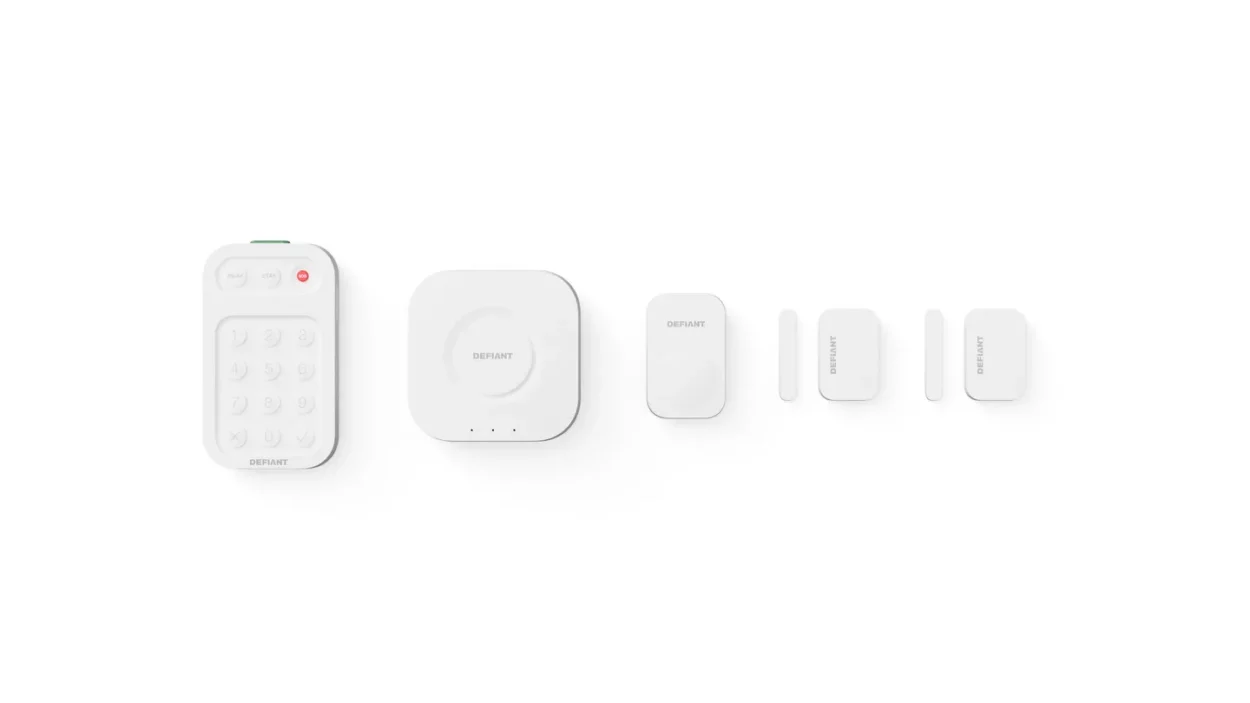While the image of a friendly orange apron and aisles brimming with hammers and drills might come to mind when thinking of The Home Depot, the home improvement giant is quietly making waves in a different arena: the smart home.
Forget the days of wandering through endless aisles of light switches and thermostats – The Home Depot is aiming to become a one-stop shop for all your connected home needs with its own burgeoning smart home ecosystem called Hubspace.
Launched in late 2021, Hubspace offers a diverse range of smart devices, all controllable through a single app.
I will discuss it a lot more in this article, so continue reading to learn more about it.
Building on a Solid Foundation
Unlike some competitors who ventured into the smart home space with proprietary hubs and limited product lines, Home Depot took a different approach. They leveraged their existing strengths as a retail powerhouse to build Hubspace on a foundation of:
Brand Power: Home Depot’s own trusted brands like Ecobee, Hampton Bay, and GE Appliances form the core of the Hubspace ecosystem, offering familiarity and reliability to customers.
Openness and Compatibility: Hubspace devices are meticulously crafted to provide a seamless and hassle-free experience when it comes to voice assistant integration.
They are specifically designed to function seamlessly with popular voice assistants, such as Amazon Alexa and Google Assistant.
With Hubspace devices, you can avoid the limitations and constraints that come with closed ecosystems, giving you the freedom to choose the voice assistant that works best for you.
Accessibility: With competitive pricing and readily available products in their stores, Hubspace makes smart home technology accessible to a wider audience.

Beyond the Basics
Hubspace started with a focus on lighting and smart plugs, but at CES 2024, they showcased their expansion into new categories, including:
- Smart Security: A DIY home monitoring kit with a keypad, contact and motion sensors, and a siren/hub.
- Smart Garden: A smart hose timer and sprinkler system for effortless lawn care.
- Smart Bathroom: A smart bathroom fan with humidity control and motion sensing.
- Smart Kitchen: A smart freezer that tracks inventory and recommends recipes based on your groceries.
Challenges and the Road Ahead
The smart home market is crowded with established players like Google and Amazon, and convincing consumers to switch to a new ecosystem is no easy feat. Some potential challenges include:
- Brand Recognition: Although Home Depot is a well-known brand, Hubspace is relatively new in the smart home market, making it essential to build brand awareness and trust.
- Integration Issues: Ensuring seamless compatibility between different Hubspace devices and other smart home platforms is essential for a smooth user experience.
- Competition: Standing out against established players with wider product ranges and more features will require continued innovation and competitive pricing.
Despite these challenges, The Home Depot’s strengths and strategic approach position Hubspace for potential success.
Their focus on affordability, compatibility, and familiar brands could resonate with a large segment of the market looking for a user-friendly and accessible smart home solution.

User Experience
Hubspace aims to make smart home technology accessible and user-friendly for everyone, not just tech-savvy early adopters. Here’s how they’re achieving it:
- Intuitive App: The Hubspace app is designed with a clean and uncluttered interface, making it easy to navigate and control all your devices from a single platform.
- Easy Setup and Integration: Hubspace devices are designed for simple setup and integration with minimal technical expertise required. Most products connect directly to your Wi-Fi network, eliminating the need for complex hubs or bridges.
- Voice Control Compatibility: Hubspace works seamlessly with popular voice assistants like Amazon Alexa and Google Assistant, allowing you to control your home with simple voice commands. “Hey Google, turn on the living room lights!”
- Customization and Automation: The Hubspace app provides extensive customization options, allowing you to create personalized schedules and routines for your devices. Imagine automatically turning on lights and raising the thermostat as you wake up in the morning.
- Security and Privacy: Hubspace takes data security seriously, employing industry-standard encryption and security protocols to protect your privacy.

As technology continues to advance and smart homes become increasingly popular, The Home Depot’s entry into this market could be a significant development.
With its well-established reputation, diverse product range, and commitment to open standards, Hubspace has the potential to become a major player in the smart home ecosystem.
Though it’s uncertain whether they can surpass the existing giants, one thing is clear: The Home Depot is no longer just a hardware store – they’re shaping the future of our homes by building a connected world.
One Thing That I Don’t Like
But before we conclude, one thing that is of noteworthy is that HubSpace doesn’t offer two-factor verification, which I think is a bummer when it comes to stringent security measure. I m not saying, its a huge setback, but this is something that they should start offering as security threats are part and parcel with smart home technology.
Conclusion
- The Home Depot’s Hubspace smart home ecosystem offers a diverse range of devices at competitive prices.
- Hubspace prioritizes compatibility with popular voice assistants and open standards.
- Expansion into new categories like smart security and smart garden shows commitment to innovation.
- Building brand awareness and overcoming competition remain key challenges for Hubspace.
- The Home Depot’s entry into the smart home market could reshape the landscape of home improvement.

